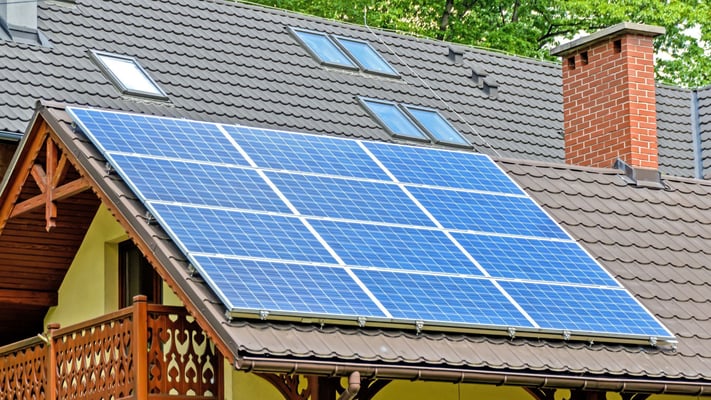Households Urged to Weigh Key Factors Before Going Solar, EECA Says

New Zealand households considering solar power are being encouraged to carefully assess their options before investing, with new guidance released by the Energy Efficiency and Conservation Authority (EECA), reports RNZ.
According to RNZ, EECA’s new checklist helps homeowners evaluate whether solar is suitable for their property. Lead adviser Gareth Gretton said the starting point should always be the roof. “You really wouldn’t want to put a new solar panel on to an old roof that needed replacement within the next 10 to 15 years,” he said. Panels typically last around 30 years and require little more than occasional cleaning.
System size should reflect household energy use, with most Kiwi homes installing between eight and 20 panels. A 10-panel system costs roughly $12,000. Gretton noted households must also check if their electricity meter can export unused power back to the grid and whether their hot water system is controlled for maximum efficiency.
According to a report by RNZ, EECA stated that adding a battery could increase the self-use of solar energy, although batteries are not yet cost-effective for most homes. Smart inverters and home energy management systems are expected to play a bigger role in the future as the grid shifts toward flexibility.
Westpac, in a separate report, highlighted that New Zealand had been slower than other countries to adopt solar, largely due to its reliance on hydro and other renewable generation. However, uptake is now accelerating, with solar estimated to contribute more than 2 per cent of electricity in early 2024.
The bank noted that installation costs are falling, while household electricity prices have risen by 23 per cent since 2019. This has reduced solar payback periods to about five to seven years. Buy-back rates for excess power sold to the grid, currently ranging from 8c to 17c per kWh, are also expected to improve under new Electricity Authority rules.
“Solar will be critical as demand rises from electrification of transport, heating, and the growth of energy-intensive industries,” the Westpac report said.
New Zealand households considering solar power are being encouraged to carefully assess their options before investing, with new guidance released by the Energy Efficiency and Conservation Authority (EECA), reports RNZ.
According to RNZ, EECA’s new checklist helps homeowners evaluate whether solar...
New Zealand households considering solar power are being encouraged to carefully assess their options before investing, with new guidance released by the Energy Efficiency and Conservation Authority (EECA), reports RNZ.
According to RNZ, EECA’s new checklist helps homeowners evaluate whether solar is suitable for their property. Lead adviser Gareth Gretton said the starting point should always be the roof. “You really wouldn’t want to put a new solar panel on to an old roof that needed replacement within the next 10 to 15 years,” he said. Panels typically last around 30 years and require little more than occasional cleaning.
System size should reflect household energy use, with most Kiwi homes installing between eight and 20 panels. A 10-panel system costs roughly $12,000. Gretton noted households must also check if their electricity meter can export unused power back to the grid and whether their hot water system is controlled for maximum efficiency.
According to a report by RNZ, EECA stated that adding a battery could increase the self-use of solar energy, although batteries are not yet cost-effective for most homes. Smart inverters and home energy management systems are expected to play a bigger role in the future as the grid shifts toward flexibility.
Westpac, in a separate report, highlighted that New Zealand had been slower than other countries to adopt solar, largely due to its reliance on hydro and other renewable generation. However, uptake is now accelerating, with solar estimated to contribute more than 2 per cent of electricity in early 2024.
The bank noted that installation costs are falling, while household electricity prices have risen by 23 per cent since 2019. This has reduced solar payback periods to about five to seven years. Buy-back rates for excess power sold to the grid, currently ranging from 8c to 17c per kWh, are also expected to improve under new Electricity Authority rules.
“Solar will be critical as demand rises from electrification of transport, heating, and the growth of energy-intensive industries,” the Westpac report said.











Leave a Comment